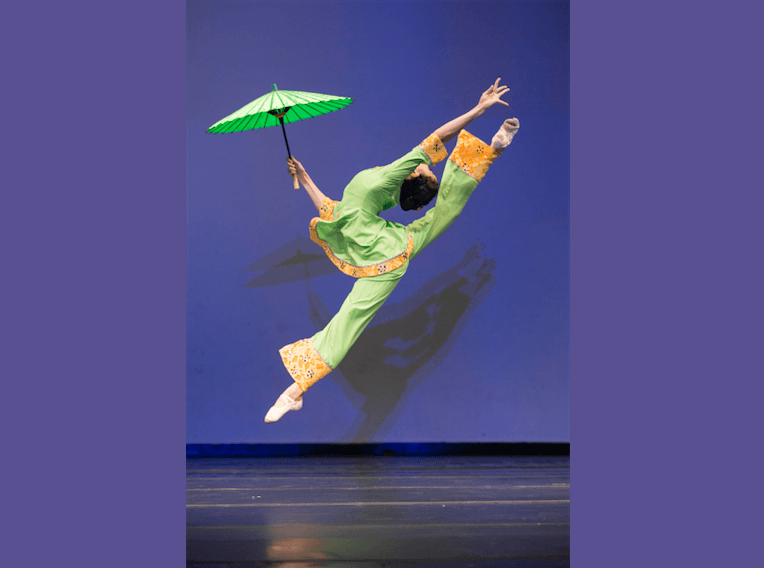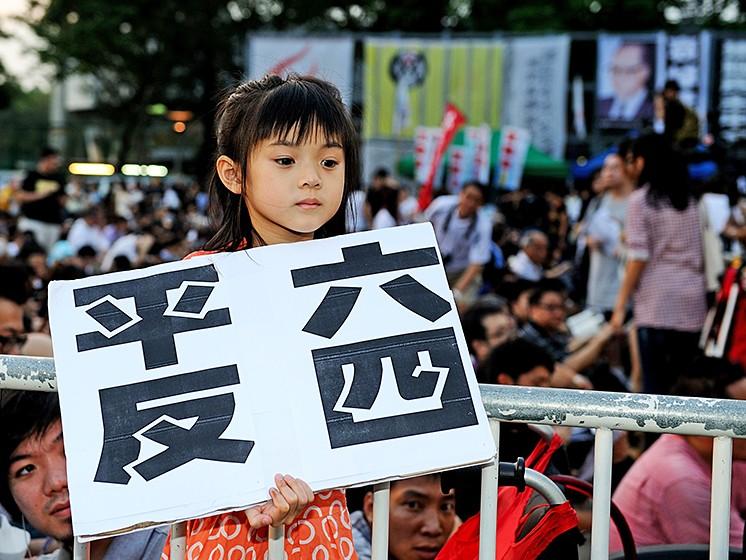NEW YORK—Elie Wiesel, Holocaust survivor, novelist, professor, and human rights activist, was awarded the second annual Lantos Human Rights Prize at Tishmann Auditorium at the New School in Manhattan on Wednesday.
The prize, presented by the Lantos Foundation, serves to commemorate late Congressman Tom Lantos (1928–2008), who is the only Holocaust survivor to have served in U.S. Congress. Last year, the first prize was awarded to Tibet’s spiritual leader, the Dalai Lama.
In his speech at the award ceremony, Wiesel recalled the alienation aspect of his experience during the Shoah, or the Nazi Holocaust. “The victims suffered—of course—because of the cruelty of the enemy, but also because of the feeling of abandonment, solitude. We were so alone. So alone. With the feeling that nobody cared,” he said. Weisel believes that, more than hate, indifference is perhaps the most insidious human trait:
“The peril threatening humankind today is indifference, even more than hatred ... Hate is an action. Hate takes time. Hate takes energy. Indifference is nothing, but indifference to hatred is encouraging hatred, and is justifying hatred. So what we must do, is fight indifference,” he said in the video developed as a tribute to his life’s work on human rights, shown prior to his acceptance of the Lantos Prize.
Elie Wiesel Honored With Lantos Human Rights Award
Novelist and Holocaust survivor Elie Wiesel was awarded the second annual Lantos Human Rights Prize on Wednesday.
New Mexico Gov. Bill Richardson presents the second annual Lantos Human Rights Prize to Holocaust survivor, novelist, and human rights activist Elie Wiesel in Manhattan on Wednesday. Amal Chen/The Epoch Times
|Updated:



